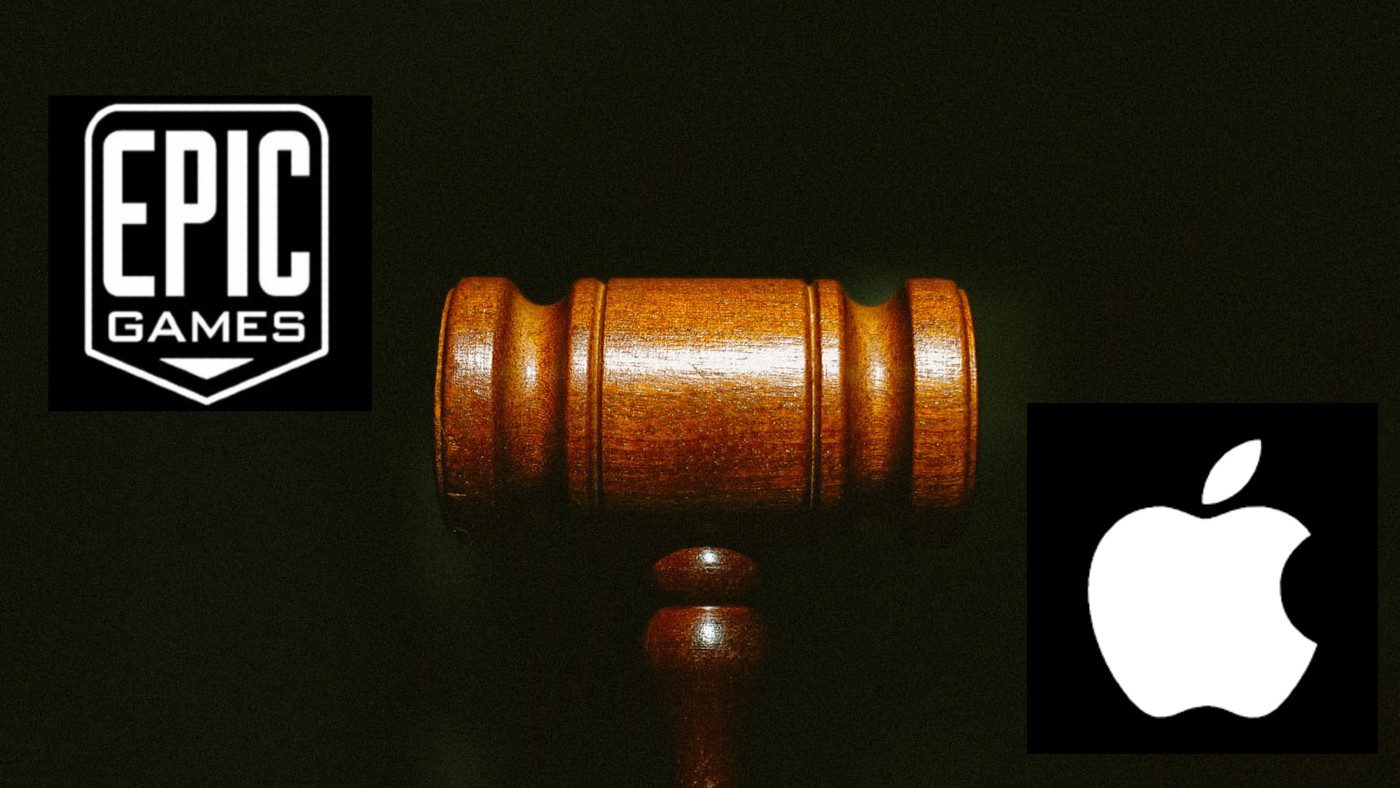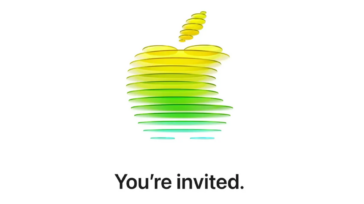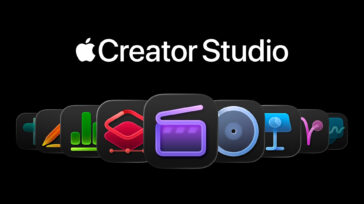A decision was reached on September 10 in the high-profile Epic Games v. Apple trial. U.S. District Judge Yvonne Gonzalez Rogers ruled that Apple’s anti-steering conduct is anti-competitive, but ruled in favor of Apple on all other counts.
History of the legal brouhaha
This is all part of an ongoing global legal battle between Apple and Epic. On Aug. 13, 2020, Epic Games (makers of the popular Fornite game) announced that it had introduced a new direct payment option in the Fortnite app for iPhone and iPad, allowing players to purchase 1000 V-Bucks for US$7.99 rather than $9.99 through Apple’s in-app purchase mechanism.
Shortly thereafter, Apple removed the gamer from the App Store for violating store policies and followed up by shutting down the company’s developer account. Epic immediately filed a lawsuit against Apple in the U.S. District Court for the Northern District of California.
In September 2020 Apple filed a countersuit to stop the game maker from using its own payment system for Fortnite. Apple also accused Epic of theft and sought extra monetary damages beyond breach of contract.
A win for both sides (and maybe end-users too)
The judge’s ruling gives a win for both sides. Judge Yvonne Gonzalez Rogers issued a permanent injunction saying that Apple can no longer forbid developers from directing users to third-party payment options. This is a significant win for developers that could have a profound impact on end-users. Cost savings from not having to pay Apple’s fees could be passed to end-users, resulting in lower game costs.
On the other hand, Judge Rogers also ruled that Epic failed to prove Apple acted as a monopolist, and as such Epic will owe $3.6 million in revenue back payment that accrued during the trial.
Apple says, ‘We won!’
Apple claimed victory in the battle. In a statement to the press, as noted by 9to5Mac, Apple general counsel and senior vice president Katherine Adams said, “We are very pleased with the Court’s ruling and we consider this a huge win for Apple. This decision validates that Apple’s ‘success is not illegal,’ as the judge said. As the Court found ‘both Apple and third-party developers like Epic Games have symbiotically benefited from the ever-increasing innovation and growth in the iOS ecosystem.’ “
Adams underscored that Apple is “not a monopolist in any relevant market” based on today’s ruling, and that the decision “validated” the App Store business model.
Epic will appeal
The gaming company has already filed an appeal over the ruling. It was filed on Sunday, August 12, but no details have been revealed. You can be sure that the company wants Fortnite back on the Apple App Store.
However, “as we’ve said all along, we would welcome Epic’s return to the App Store if they agree to play by the same rules as everyone else,” Apple said in a statement to AppleInsider. “Epic has admitted to breach of contract and as of now, there’s no legitimate basis for the reinstatement of their developer account.”
The fate of Fortnite
As reported by the Washington Post, Epic still has not returned to the App Store and will do so “…when and where Epic can offer in-app payment in fair competition with Apple in-app payment,” said Epic’s CEO Tim Sweeney.
~~~~~
[Header photo by Tingey Injury Law Firm on Unsplash]












You say maybe end-users too. That should be who the court addresses but it hardly ever is. It’s Apple’s app store, not the developer’s. Consumers go there because it’s easy to access and to pay. Consumers have the option of buying an app or not buying it. The price is what they pay and consumers do pay for them. Developers will always complain about fees, some more than others. Some developers, probably most, won’t want to bother with setting up and maintaining their own payment system especially if they are held liable for any hacks of their system. Epic is simply greedy. Whenever something is sold, there’s always going to be costs associated with the sale. I saw a sign at a market that said you could get the 20% wholesale discount if you buy a case. That wholesale price still gives the original seller profit so by the time it gets to the customer, we’re paying 20% + ???%. That’s the way retail is done so why is Epic complaining. Their profit margin is probably 20-30% on top of what they would get from Apple. Of course, the consumer isn’t really getting anything out of this other than (so far) not forcing Apple to allow other iOS App Stores. Everyone knows that would be the end of any kind of security on iOS. Developers who challenge this statement have no business being developers. They know opening up the App Store means anything can get onto an iPhone/iPad with almost no control.